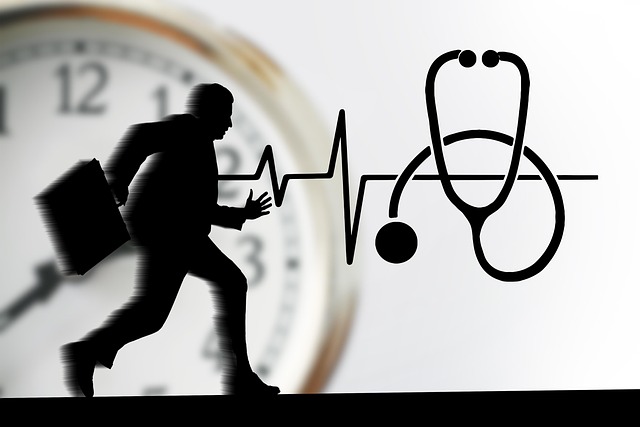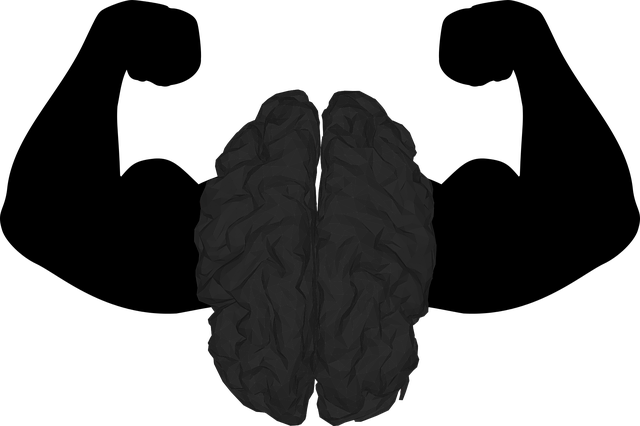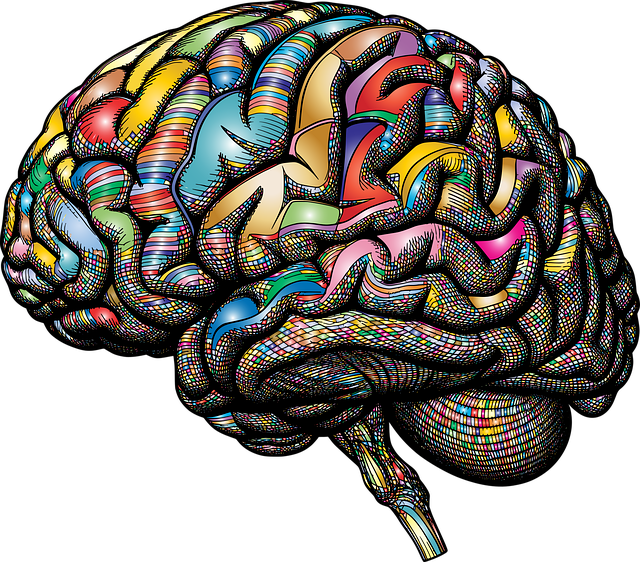Therapy for Children with ADD-ADHD Evaluations focuses on enhancing resilience, flexibility, and motivation (RFM) through tailored evaluations and treatments. This approach incorporates exercises like mindfulness meditation and conflict resolution skills to build emotional regulation, adaptability, and self-awareness. Techniques such as cognitive-behavioral therapy (CBT) equip kids with coping strategies for managing symptoms like impulsivity and inattention, ultimately empowering them to thrive academically and emotionally.
“Unleashing resilience is a powerful tool in supporting children with Attention Deficit Disorder (ADD) or Attention-Deficit/Hyperactivity Disorder (ADHD). This article explores the concept of RFM (Resilience, Flexibility, and Motivation) and its profound impact on these young minds. We delve into practical exercises designed to build resilience, offering a step-by-step guide for parents and caregivers. Additionally, we highlight the critical role of therapy in enhancing evaluations for children with ADD-ADHD, providing valuable insights into fostering adaptability and coping strategies.”
- Understanding RFM and its Impact on Children with ADD-ADHD
- Resilience Building Exercises: A Practical Approach
- The Role of Therapy in Enhancing Resilience for Children with ADD-ADHD Evaluations
Understanding RFM and its Impact on Children with ADD-ADHD

Understanding RFM (Resilience, Flexibility, and Motivation) is crucial when addressing the unique challenges faced by children with Attention-Deficit/Hyperactivity Disorder (ADD-ADHD). This approach to therapy emphasizes building resilience, which can significantly impact a child’s ability to manage symptoms and thrive in various environments. By integrating RFM exercises into evaluations and treatment plans, mental health professionals can empower children with ADD-ADHD to develop essential coping strategies.
In the context of community outreach programs, teaching emotional regulation through RFM techniques becomes a powerful tool. These exercises help children understand and manage their emotions, making them more adaptable in different settings. The Risk Assessment for Mental Health Professionals plays a vital role here, as it ensures that interventions are tailored to each child’s needs, fostering a sense of control and motivation while navigating the challenges of ADD-ADHD.
Resilience Building Exercises: A Practical Approach

Resilience building exercises offer a practical approach to empowering children with the tools they need to navigate life’s challenges. These activities focus on enhancing coping mechanisms, fostering adaptability, and promoting emotional intelligence—all vital components in the therapy for children with ADD-ADHD evaluations. Through engaging in resilience exercises, kids can learn effective stress management techniques, including mindfulness meditation and conflict resolution skills, which are essential for maintaining a positive mindset.
By incorporating these exercises into their routines, children gain a deeper sense of self-awareness and develop strategies to regulate their moods. Simple yet powerful practices like deep breathing exercises and visualization techniques enable them to respond to stressful situations with calmness and clarity. This proactive approach to mental well-being prepares young individuals to face adversity head-on, fostering resilience that extends beyond the therapy room.
The Role of Therapy in Enhancing Resilience for Children with ADD-ADHD Evaluations

Therapy plays a pivotal role in enhancing resilience among children with ADD-ADHD evaluations. Through structured interventions, therapists help young minds navigate and manage symptoms associated with attention-deficit disorders. Cognitive-behavioral therapy (CBT), for instance, equips children with effective coping strategies to handle impulsivity, inattention, and mood swings, fostering a sense of control over their behavior. This not only improves their academic performance but also boosts self-esteem and confidence.
Additionally, mindfulness meditation and self-care routine development are integral components of therapy designed to build inner strength. By teaching children techniques to stay present and focus, mindfulness meditation enhances their ability to manage stress and anxiety effectively. Self-care routines, tailored to each child’s unique needs, reinforce healthy habits that contribute to better mental health. These practices collectively empower children with ADD-ADHD evaluations to develop resilience, enabling them to thrive in various aspects of life.
Resilience is a vital component in supporting children with ADD-ADHD, and by combining RFM with tailored resilience-building exercises and therapy for children evaluations, parents and professionals can create a powerful toolkit. These strategies empower young individuals to navigate challenges and foster a sense of self-efficacy. With the right support, children with ADD-ADHD can develop the skills to adapt, bounce back from setbacks, and thrive in various aspects of their lives, including academic, social, and emotional domains. This comprehensive approach ensures that therapy for children with ADD-ADHD evaluations is not just about managing symptoms but also building resilience for a brighter future.









